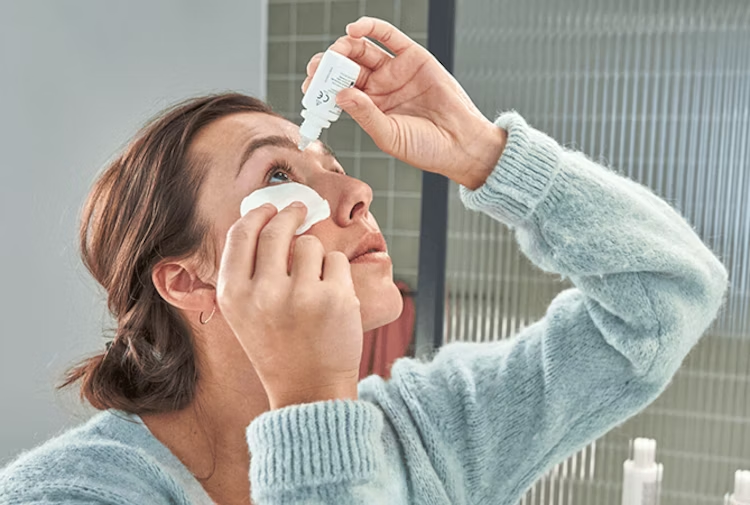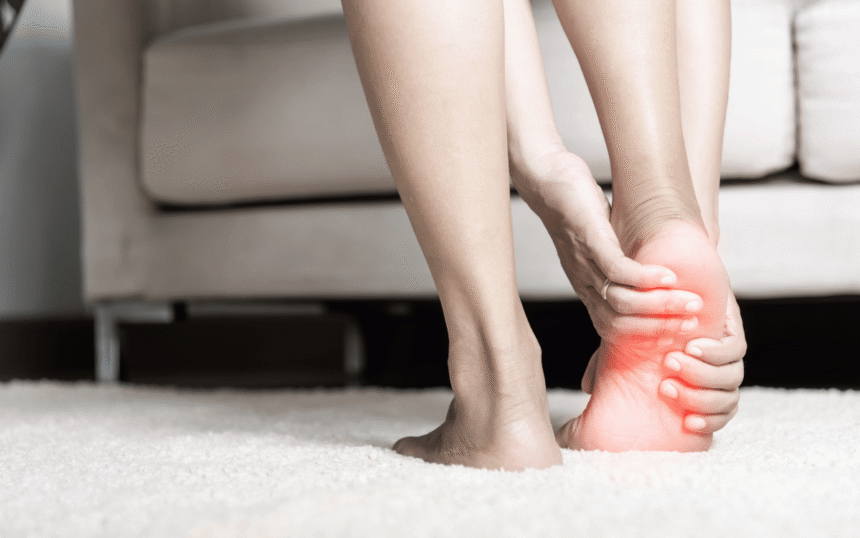Your eyes are among your most important organs, allowing you to experience the world around you. Yet, many people take their vision for granted—until something goes wrong. Fortunately, there are practical steps you can take each day to protect your eyesight and maintain long-term eye health.
In this guide, we’ll explore simple, science-backed daily habits that help preserve your vision, prevent common eye conditions, and promote overall eye wellness.
👁️🗨️ Why Eye Health Matters
Good vision is vital not just for seeing clearly but also for:
- Performing daily tasks
- Driving safely
- Learning and development in children
- Maintaining independence as you age
As we grow older, risks of vision problems like cataracts, macular degeneration, and glaucoma increase. However, adopting the right habits early in life can significantly reduce your chances of developing these issues.
🌞 1. Wear Sunglasses with UV Protection
Exposure to the sun’s ultraviolet (UV) rays can damage your eyes over time, increasing the risk of:
- Cataracts
- Macular degeneration
- Corneal sunburn (photokeratitis)
Daily Habit Tip:
Choose sunglasses labeled “100% UV protection” or “UV400” to block both UVA and UVB rays. Wear them even on cloudy days.
💻 2. Follow the 20-20-20 Rule to Reduce Screen Fatigue
With increased screen time, digital eye strain has become a common issue. Symptoms include dryness, blurred vision, and headaches.
The 20-20-20 Rule:
Every 20 minutes, look at something 20 feet away for 20 seconds to relax your eye muscles and reduce strain.
Bonus Tip: Use anti-glare screens and keep device screens at eye level to avoid slouching and eye discomfort.
🥬 3. Eat Eye-Friendly Foods
Your diet directly impacts your eye health. Certain nutrients help protect your eyes from age-related damage.
Top Nutrients for Eye Health:
- Lutein and Zeaxanthin: Found in leafy greens like spinach and kale
- Omega-3 Fatty Acids: Present in flaxseeds, walnuts, and fatty fish
- Vitamin A: Found in carrots, sweet potatoes, and mangoes
- Vitamin C & E: Present in citrus fruits, nuts, and seeds
Daily Habit Tip:
Include at least one dark leafy green and one vitamin-rich fruit or veggie in every meal.
🩺 4. Get Regular Eye Exams
Even if you have perfect vision, comprehensive eye exams can detect hidden problems like:
- Glaucoma
- Diabetic retinopathy
- High blood pressure or cholesterol
Recommended Frequency:
- Adults 18–60: Every 2 years
- Over 60 or with vision risk factors: Annually
Daily Habit Tip:
Mark your calendar and keep up with routine checkups to monitor any changes in vision or eye pressure.
🧴 5. Avoid Rubbing Your Eyes and Practice Good Hygiene
Your hands carry dirt, germs, and bacteria that can cause infections or irritation.
Daily Habit Tip:
- Wash your hands before touching your face or eyes
- Use clean towels and makeup brushes
- Remove contact lenses before sleeping
If you wear makeup, replace products every few months and avoid sharing eye cosmetics.
🧘♀️ 6. Get Enough Sleep and Manage Stress
Sleep is essential for restoring your body—and your eyes. Lack of sleep can cause twitching, redness, and dryness.
Stress can also contribute to eye strain and conditions like eye floaters or migraines.
Daily Habit Tip:
Aim for 7–9 hours of sleep per night, and include relaxation techniques like deep breathing, meditation, or stretching in your routine.
🚭 7. Don’t Smoke—It Harms Your Eyes Too
Smoking increases the risk of:
- Cataracts
- Macular degeneration
- Damage to the optic nerve
Daily Habit Tip:
If you smoke, seek help to quit. If you don’t, protect yourself from secondhand smoke exposure, especially indoors.
FAQs About Eye Health and Vision Protection
Q1: Can blue light from screens damage my eyes permanently?
A: There is no proven evidence of permanent damage, but blue light can cause eye strain and affect sleep. Use blue light filters and limit screen time before bed.
Q2: How do I know if I need glasses?
A: Blurred vision, headaches, squinting, or difficulty seeing at night are signs. An eye exam can provide a diagnosis.
Q3: Is reading in low light harmful to my eyes?
A: It doesn’t damage your eyes, but it can cause strain and temporary discomfort.
Q4: Do eye exercises improve vision?
A: While they won’t cure vision loss, they can help relieve strain and improve focus flexibility.
Q5: How important is hydration for eye health?
A: Very. Dehydration can lead to dry eyes. Drink 6–8 glasses of water daily.
Q6: Can diet really help prevent eye diseases?
A: Yes. Antioxidants and nutrients found in a balanced diet protect against macular degeneration and cataracts.
Q7: What’s the best way to care for contact lenses?
A: Wash hands before handling, use fresh solution, never sleep in them unless approved by your doctor.
Q8: Are over-the-counter eye drops safe for daily use?
A: Lubricating drops (artificial tears) are generally safe. Avoid frequent use of drops that reduce redness unless prescribed.
👁️ Conclusion: Protecting Your Vision Starts Today
Vision is a gift that deserves lifelong care. By incorporating simple daily habits—from nutrition and screen breaks to UV protection and regular checkups—you can significantly improve your chances of enjoying clear, healthy eyesight well into your golden years.
Remember, your eyes are the window to the world—and to your overall health. Take care of them every day.









